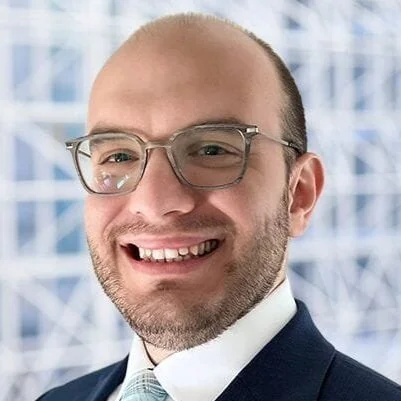Raising Awareness Is Our Individual Responsibility
Nikolaos Doukellis*, Hogan Lovells, 12 December 2022
Let’s face it: each of us can do more to raise awareness and educate our peers and local stakeholders in our home countries about how multilateral organizations use sanctions to fight fraud and corruption. And our efforts can compound with broader anti-corruption efforts by the government, private sector, and non-governmental organizations.
I would argue that we, the integrity professionals with experience in the sanctions systems of multilateral organizations, collectively represent most countries of the world. For instance, the most recent annual report of the World Bank Group’s Sanctions System discloses that the System comprises of professionals from 38 countries. I would make similar assumptions for professionals of the sanctions systems of other multilateral organizations. And we shouldn’t forget the lawyers, consultants, and business executives that have dealt with these systems.
Yet, outside our immediate professional circles, how multilateral organizations use sanctions to fight fraud and corruption is not widely known in many of our home countries. Targets of investigations are often unaware of the systems when investigators knock on their doors and sometimes do not take investigations seriously. This jeopardizes their interests and the effectiveness of the investigation. Other times, legal counsel underperforms because it participates in a type of proceeding that it has no prior experience with or it elects to use legal strategies that may be effective in other contexts but prove unfruitful in multilateral organizations’ sanctions proceedings.
On top of our organizations’ official transparency and communications efforts, how can we contribute to educating local expert and layperson audiences? Our organizations encourage civil society engagement and each of us individually can also contribute to this engagement. Most professionals in this field are passionate about development and integrity. Raising awareness about the sanctions systems and sharing our expertise with our peers in our home countries is likely to create reliable development partners on the ground in the fight against fraud and corruption, which can have a compounding effect with broader anti-corruption initiatives. Similarly, local stakeholders’ knowledge of the sanction systems can enhance institutional trust and reinvigorate anti-corruption efforts in jurisdictions where they may be lagging. After all, the success of the World Bank Group’s Integrity Compliance Office’s mentorship program and its broader private sector outreach on preventative integrity controls suggest that direct peer-to-peer interactions can be effective and that local stakeholders demonstrate a substantial interest in capacity building initiatives.
One option could be publishing articles in local languages: such articles can vary from scholarly articles and short columns in industry journals to commentary on recent developments in a broad circulation publication or a blog post, such as this one. Other options include participating in conferences, organizing technical workshops, and featuring as guest lecturers at university-level education courses: Conferences and technical workshops organized by local bar associations, other professional associations, chambers of commerce, or similar organizations provide fora with established audiences that are likely to be interested in multilateral organizations’ sanctions systems. Universities, with law and business schools in the forefront, increasingly offer white-collar crime, regulatory risk, and business ethics courses that would welcome guest lecturers with credentials such as those of multilateral organization professionals.
I firmly believe that each of us can successfully raise awareness on the sanctions systems of multilateral organizations. Are we up for the challenge?
*Nikolaos submitted this post for consideration while a Legal Consultant for the World Bank’s Office of Suspension and Debarment.

